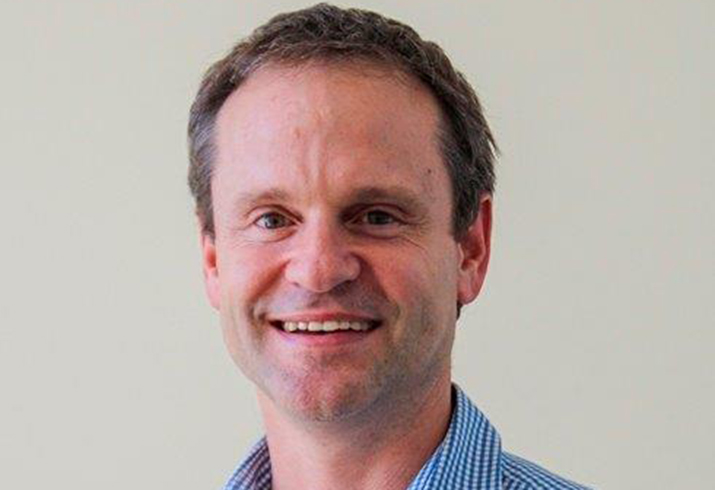Three questions about research with Dr André Schultz

Dr André Schultz is an internationally recognised leader in paediatric respiratory medicine. As a Respiratory Physician at Perth Children’s Hospital (PCH) and an Honorary Research Fellow at the Telethon Kids Institute (TKI) he leads a program focused on lung health. Earlier this year Dr Schultz was awarded a $1.1 million Medical Research Future Fund (MRFF) Investigator grant towards his work in preventing bronchiectasis in Indigenous people. He is the clinical lead for BEAT CF – a $3.4 million MRFF funded multicentre clinical trial and co-founded a national peer support platform for clinicians from Australia, NZ, Malaysia and the USA who treat rare lung disease. Dr Schultz also lectures to medical students at the University of Western Australia and supervises a number of students as part of his research work.
We posed three questions to Dr Schultz about his research work;
Why are you passionate about research?
I am driven by a desire to do things better for patients and you can only go so far with existing knowledge. Research enhances my skills as a clinician because it encourages critical thinking to question patient related medical issues that are not addressed in textbooks.
I think my desire to understand how to prevent children from developing a chronic respiratory disease strengthens my teaching work as a lecturer at UWA. I hope my passion and excitement for research inspires the students and trainees I meet and work with. It’s also very satisfying to see others develop in their own research and clinical careers.
What research achievement are you proudest of?
I can now see clear, measurable results for the research work I’m doing but it’s been a long and hard road to arrive at this point.
There are two achievements I’m proudest of. The first was a five year project where we improved the health outcomes of Aboriginal children who are affected by protracted bacterial bronchitis. We have delivered culturally secure ways of detecting early lung disease before permanent damage is done by working in partnership with communities and the primary healthcare sector. We also developed strategies for families of children with symptoms of the disease to seek help in a timely manner. We have used this approach to conduct a broader investigation into the prevalence of this disease in Aboriginal communities.
It’s been very satisfying to see this grow into a larger project which is now operating in other parts of WA where we can see and measure the change.
I’m also proud of a six year long technical project to measure the airway surface liquid acidity in children with cystic fibrosis. We collaborated with biochemists in Austria and engineers in North America to develop methods to successfully measure this liquid for the first time. The results had important implications for the development of therapeutics.
What advice would you give to your younger self?
Know that research can be an excellent way to improve outcomes for your patients. It’s very important to listen to your patients and their families as they have valuable lived experience.
It’s also very important to choose the right mentors. I’m grateful for my collaborators and those who have supported me with research throughout my career. You don’t win big grants on your own. You need good people around you and I’ve had excellent support from TKI and PCH. I’m also grateful for the valuable support and partnership from many Aboriginal people, communities and families. One more thing: I’d recommend doing a course on time management before you don’t have time to do one!

